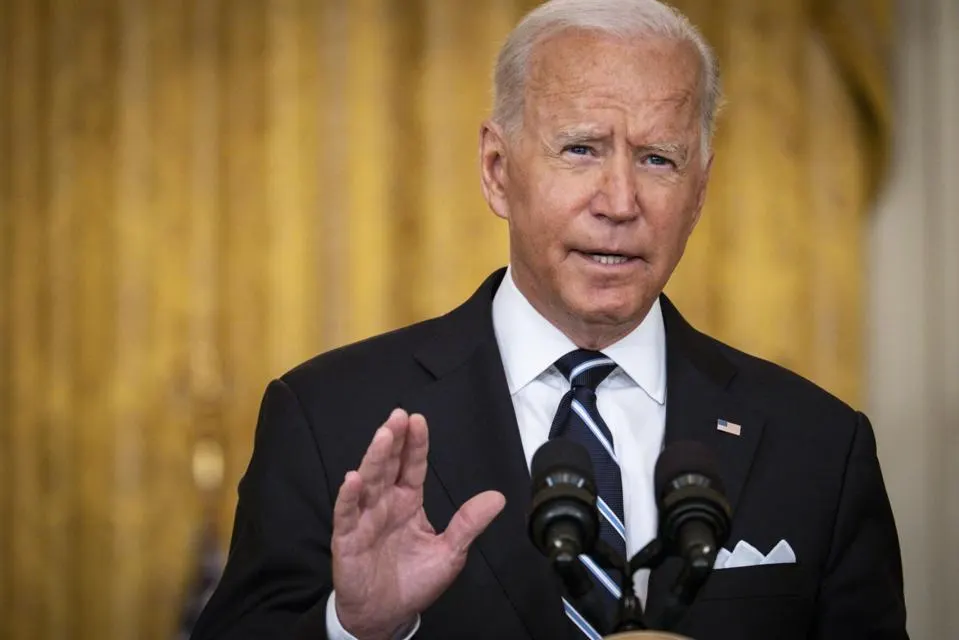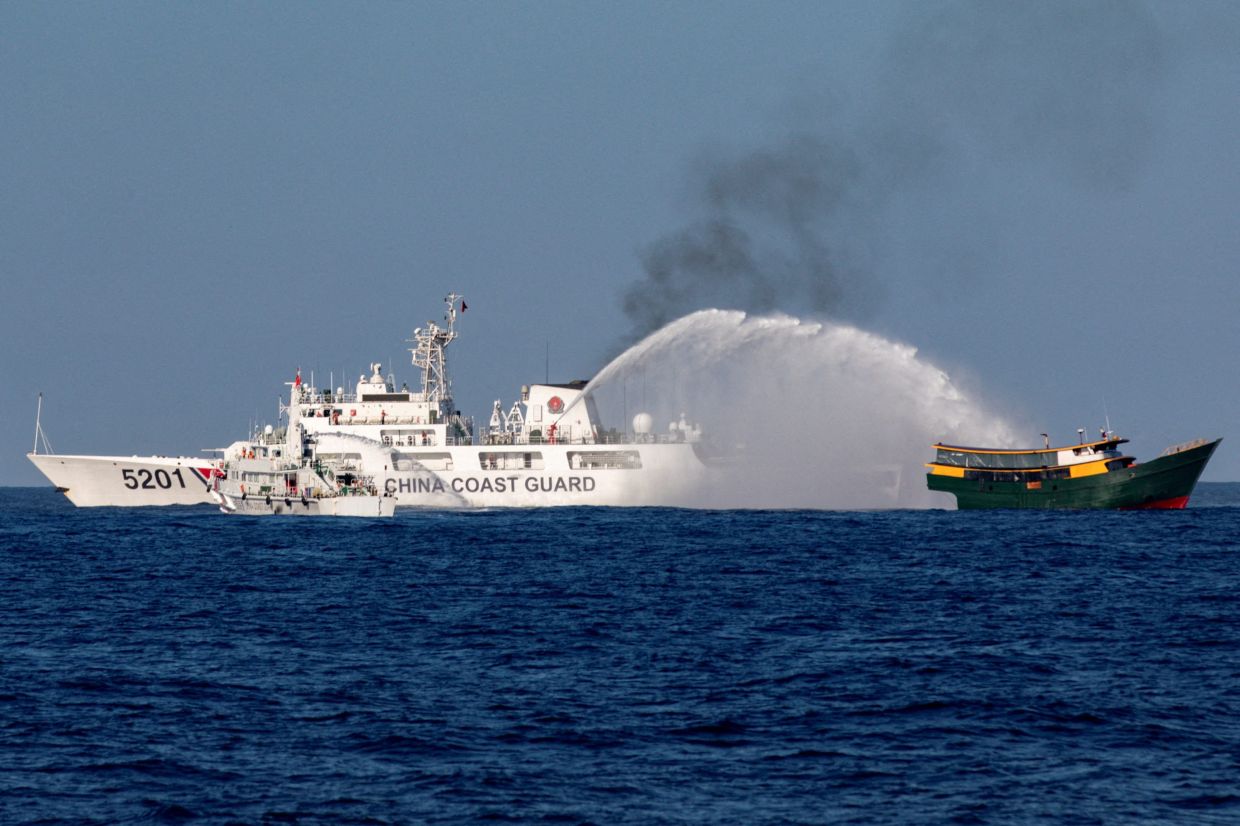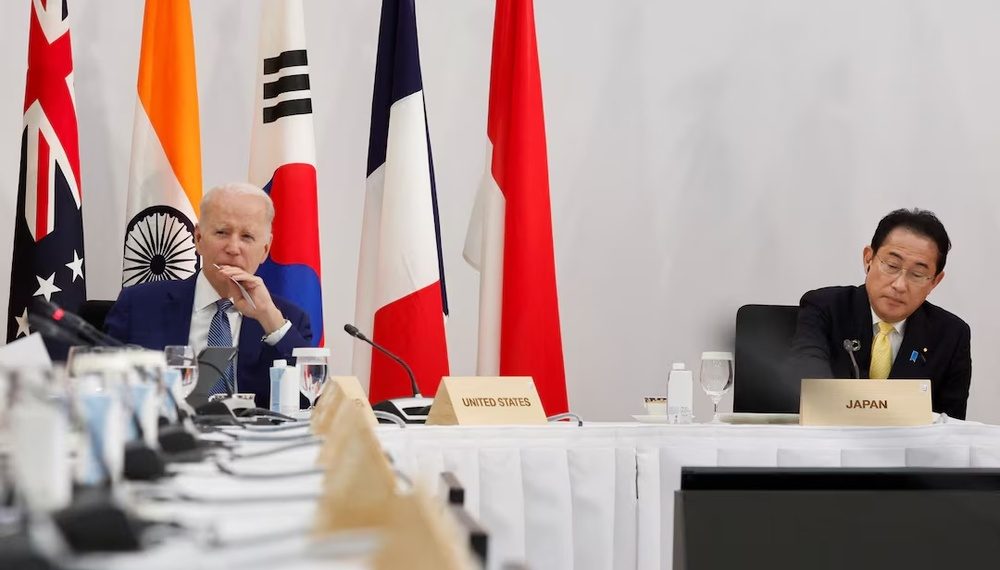U.S. President Joe Biden is set to convene a groundbreaking summit with Japanese Prime Minister Fumio Kishida and Philippines President Ferdinand Marcos Jr. at the White House on Thursday.
The summit, aimed at bolstering trilateral maritime cooperation in the South China Sea, marks a significant effort to counter Beijing’s influence in the region. This gathering underscores Biden’s strategy to forge “mini-laterals” among existing allies to enhance U.S. sway in Asia.

Despite rising tensions in the South China Sea, the meeting signals a proactive stance by the U.S. and its Asian partners to safeguard freedom of navigation. Plans for joint naval patrols, though unconfirmed by the White House, are widely anticipated, prompting concerns of a strong reaction from Beijing.
The summit occurs amidst heightened maritime tension, exemplified by recent clashes between Chinese coast guard vessels and Philippine ships near the Second Thomas Shoal.
With the South China Sea serving as a critical passage for global supply chains, Japan’s robust participation reaffirms its strategic significance in regional security.

Biden’s coordinated security approach in the Indo-Pacific garners praise, yet calls for enhanced U.S. leadership in economic prosperity persist.
The revival of the Trans-Pacific Partnership and discussions on Nippon Steel‘s acquisition of U.S. Steel highlight broader economic considerations amid geopolitical dynamics.
While Biden juggles international crises elsewhere, the trilateral summit reaffirms the administration’s commitment to U.S. engagement in the Indo-Pacific, aiming to bolster regional stability and counter China’s maritime expansion.




